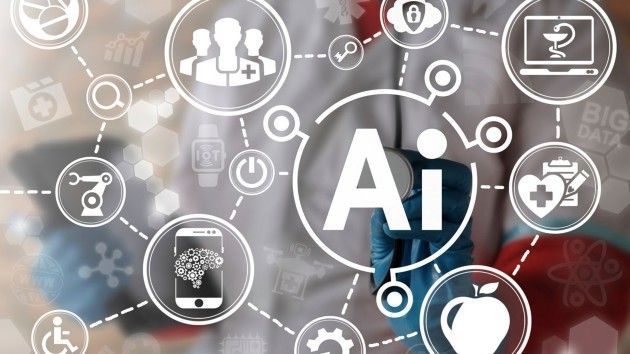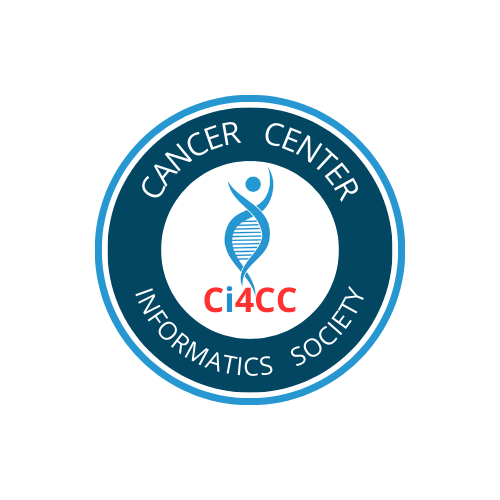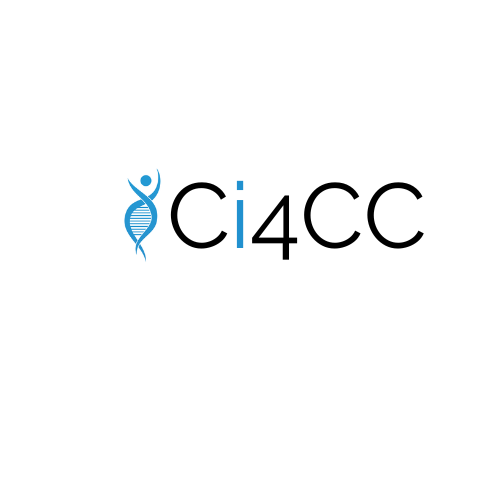Machine Learning and AI in Cancer Prognosis, Prediction, and Treatment Selection: A Critical Approach
Cancer is a leading cause of morbidity and mortality worldwide. While progress has been made in the diagnosis, prognosis, and treatment of cancer patients, individualized and data-driven care remains a challenge. Artificial intelligence (AI), which is used to predict and automate many cancers, has emerged as a promising option for improving healthcare accuracy and patient outcomes. AI applications in oncology include risk assessment, early diagnosis, patient prognosis estimation, and treatment selection based on deep knowledge. Machine learning (ML), a subset of AI that enables computers to learn from training data, has been highly effective at predicting various types of cancer, including breast, brain, lung, liver, and prostate cancer. In fact, AI and ML have demonstrated greater accuracy in predicting cancer than clinicians. These technologies also have the potential to improve the diagnosis, prognosis, and quality of life of patients with various illnesses, not just cancer. Therefore, it is important to improve current AI and ML technologies and to develop new programs to benefit patients. This article examines the use of AI and ML algorithms in cancer prediction, including their current applications, limitations, and future prospects.
Lead Author: Bo Zhang
Share this Article with others
Caught in the crossfire: The critical threats facing cancer centers, research, and patient care. Shannon McWeeney PhD, & Sorena Nadaf-Rahrov MS, MMI
A recent Lancet study demonstrated that AI implementation led to a 29% increase in cancer detection, with no increase in false positives and a reduced workload compared to radiologists without AI assistance. While emerging evidence supports AI’s potential to enhance cancer detection in mammography screening and reduce screen-reading workload, further research is needed to fully understand its clinical impact.
Artificial intelligence to empower diagnosis of myelodysplastic syndromes by multiparametric flow cytometry

With heavy hearts, we remember and honor Brady Davis, whose sudden passing leaves an immense void. Brady was a devoted supporter and invaluable contributor to the Cancer Center Informatics Society, dedicating countless hours to advancing our mission and strengthening our community. His expertise, enthusiasm, and unwavering commitment shaped our initiatives and inspired everyone fortunate enough to work alongside him. Brady’s legacy will live on through the progress he championed and the connections he fostered. We extend our deepest sympathies to his family, friends, and all who knew him. He will be greatly missed. In honor of Brady’s legacy, Ci4CC will be forming a committee to explore meaningful ways to memorialize him within our society for years to come. We plan to announce the committee’s recommendations at our Spring Summit in San Diego, CA, on March 31, 2025. Please find his obituary here , and visit his memorial page on MyKeeper to leave a tribute. Support the Davis family in Brady’s memory via GoFundMe ---------- Cancer Center Informatics Society (Ci4CC) Sorena Nadaf-Rahrov & Warren Kibbe Co-Founders, Ci4CC
Leading Progress Against Cancer
By Drs Karen Knudsen & Othman Laraki.
Conversation with The Cancer Letter: NCI’s new chief data scientist Warren Kibbe tells us about efforts to get “AI-ready” - July 12, 2024




